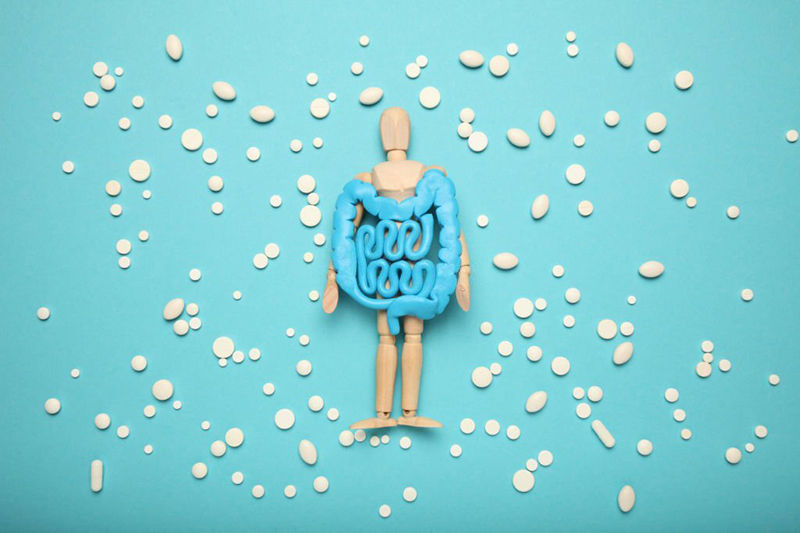Studies have found that the intake of probiotics by the human body can regulate the microecological balance of beneficial and harmful bacteria in the intestinal tract, and affect the changes in the cholesterol allocation mechanism in the human body, thus effectively reducing the cholesterol content in the body. Probiotics can also play an effective role in lowering blood pressure, so it can be said that supplementing enough probiotics has become an effective magic weapon to deal with coronary heart disease. probioticseverything.com
best probiotics in stores
best probiotics in stores
What is coronary heart disease?
When the coronary artery, that is, the artery supplying blood to the heart, has obvious atherosclerotic stenosis or blockage, or on this basis, it is combined with spasm, thrombosis, etc., resulting in partial or complete blockage of the lumen, resulting in insufficient coronary blood supply, myocardial ischemia or even Coronary heart disease is caused by infarct necrosis. probioticseverything.com
best probiotics in stores
best probiotics in stores
The key to coronary heart disease control is prevention. Although coronary heart disease is a common and frequently-occurring disease among middle-aged and elderly people, the pathological basis of atherosclerosis begins in childhood, and the decades during this period are a good time to prevent coronary heart disease. Prevention of coronary heart disease is divided into three levels: primary prevention refers to preventing the occurrence of atherosclerosis and eliminating coronary heart disease in the bud; secondary prevention refers to improving the early detection rate of coronary heart disease, strengthening treatment, preventing the development of coronary heart disease and preventing the development of coronary heart disease. Strive to reverse it: tertiary prevention refers to timely control of complications, improving the quality of life of patients with coronary heart disease, and prolonging the life of patients. probioticseverything.com
best probiotics in stores
best probiotics in stores
What are the risk factors for coronary heart disease?
Currently recognized risk factors for coronary heart disease, in addition to gender, age and family history, hypertension, high cholesterol, obesity and smoking are considered to be the most important risk factors for coronary heart disease.
1. Obesity. Obesity has been identified as the primary risk factor for coronary heart disease and can increase the mortality of coronary heart disease. Because obesity can cause many other diseases. Obesity is the trigger of cardiovascular disease, especially coronary heart disease.
2. Smoking. Smoking is an important risk factor for coronary heart disease and should be an avoidable cause. The results of epidemiological studies show that the risk of coronary heart disease caused by smoking is proportional to the amount of smoking; the degree of arteriosclerosis in smokers is much more serious than that in non-smokers; smoking also has a prognostic effect on myocardial infarction; passive smoking will suffer the same harm; Smoking cessation can reduce the risk of coronary heart disease.
3. Hypertension. Hypertension is closely related to the formation and development of tubular atherosclerosis and is considered to be an important risk factor for coronary heart disease. The degree of atherosclerosis in hypertensive patients is more obvious than that in normotensive patients, and the higher the blood pressure level, the arteriosclerosis process. Elevated blood pressure not only accelerates atherosclerosis, but also accelerates the hardening of small arteries. Therefore, if hypertensive patients are also patients with coronary heart disease, vascular occlusion and rupture will occur about 20 years earlier than normal blood pressure patients.
4. Hyperlipidemia. In addition to age, lipid metabolism disorders are the most important predictors of coronary heart disease. High serum cholesterol has been shown to be a risk factor for coronary heart disease. An increase in dietary saturated fatty acids raises serum cholesterol, while an increase in unsaturated fatty acids lowers it. Arteriosclerosis also usually occurs when a person has high levels of cholesterol in their blood. probioticseverything.com
best probiotics in stores
best probiotics in stores







